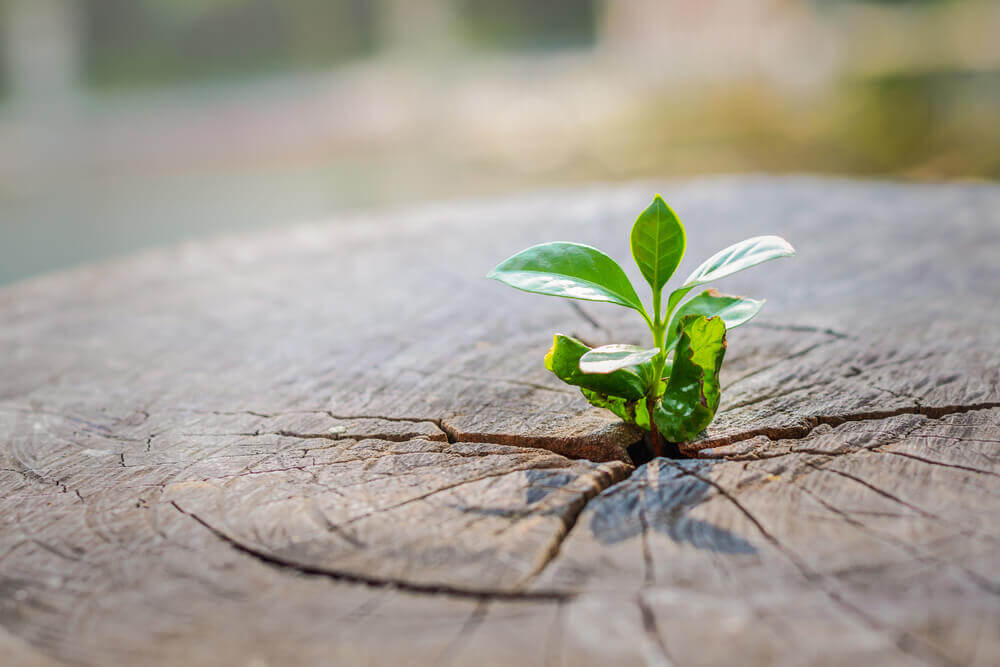Embarking on the journey of recovery from addiction is a courageous and transformative undertaking. Yet, finding the delicate balance between the pursuit of sobriety and the demands of daily life can be a formidable challenge. In this blog post, we will explore the intricacies of striking this balance, offering insights and practical tips to help individuals in recovery navigate the intersection of their healing journey and the responsibilities of everyday life.
Understanding the Nature of Recovery: Recovery is not a linear process; it’s a dynamic and evolving journey. Acknowledging that there will be ups and downs is a crucial first step. Embracing the reality that recovery is a continuous, lifelong commitment sets the foundation for finding balance.
Prioritizing Self-Care: Balancing recovery and daily life begins with prioritizing self-care. This involves recognizing and meeting one’s physical, emotional, and mental needs. Regular exercise, proper nutrition, adequate sleep, and mindfulness practices contribute to overall well-being and resilience in the face of life’s challenges.
Establishing Healthy Routines: Creating and maintaining healthy daily routines is instrumental in finding equilibrium. Structure provides a sense of stability, reduces anxiety, and helps individuals stay on track with their recovery goals. Establishing consistent wake-up times, meal schedules, and designated moments for self-reflection can foster a sense of order.
Effective Time Management: Time management becomes a critical skill when juggling recovery commitments and daily responsibilities. Prioritizing tasks, setting realistic goals, and breaking down larger objectives into smaller, manageable steps can prevent overwhelming feelings and create a sense of accomplishment.
Open Communication: Establishing open communication with friends, family, colleagues, and support networks is essential. Being transparent about one’s recovery journey fosters understanding and allows for the necessary support during challenging times. Having a network that understands and respects the commitment to sobriety creates a supportive environment.
Setting Boundaries: Learning to set healthy boundaries is pivotal. This involves recognizing personal limits and communicating them assertively to others. Whether it’s saying no to invitations that may jeopardize sobriety or negotiating workload at the workplace, setting boundaries protects the recovery process.
Mindful Decision-Making: Daily life is filled with decisions, big and small. Mindful decision-making involves being aware of the potential consequences of choices and aligning them with recovery goals. Cultivating mindfulness practices, such as meditation or deep breathing, can enhance self-awareness and aid in making intentional decisions.
Flexibility and Adaptability: Life is inherently unpredictable, and unexpected challenges may arise. Building resilience involves being flexible and adaptable. Recognizing that setbacks are a part of any journey allows individuals in recovery to bounce back with renewed determination.
Celebrating Milestones: Acknowledging and celebrating milestones in both recovery and daily life is crucial. Whether it’s a month of sobriety, completing a project at work, or achieving a personal goal, recognizing these accomplishments reinforces a positive mindset and fuels motivation.
Balancing recovery and daily life is an ongoing process that requires dedication, self-awareness, and resilience. By prioritizing self-care, establishing healthy routines, communicating openly, setting boundaries, and embracing flexibility, individuals in recovery can navigate the complexities of daily life while staying committed to their journey of sobriety. Remember, finding the right balance is a personal and evolving quest – a journey where every step forward, no matter how small, is a victory worth celebrating.




















